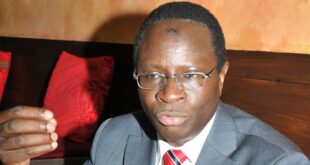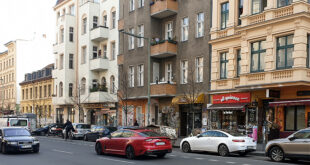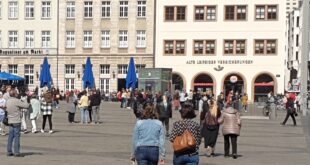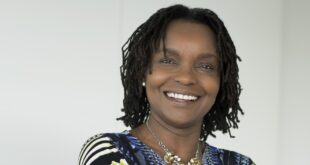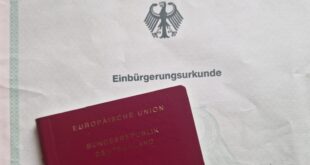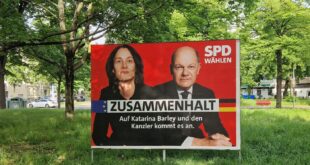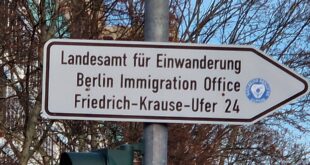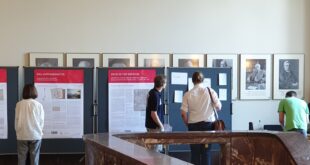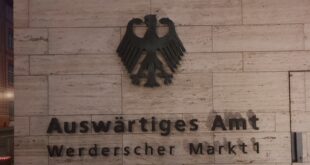Dr. Pierrette Herzberger-Fofana, a member of the Green Party, has been elected into the European Parliament. The politician, who is originally from Senegal, was one of the 21 Green candidates elected from Germany at the elections on Sunday. With her election, she has become the first German member of the parliament with African origin.
Announcing her victory on her Facebook page on Tuesday, Ms Herzberger-Fofana (70) thanked those who voted for her party, saying “with their voice, they gave us their trust and set a clear signal: they want a policy that fights for climate protection, which promotes cohesion in Europe.. and stops populists and racists.”
“Thank you for the wonderful support from the different migrant communities and organizations, Afro-German associations to the many individuals,” she added.
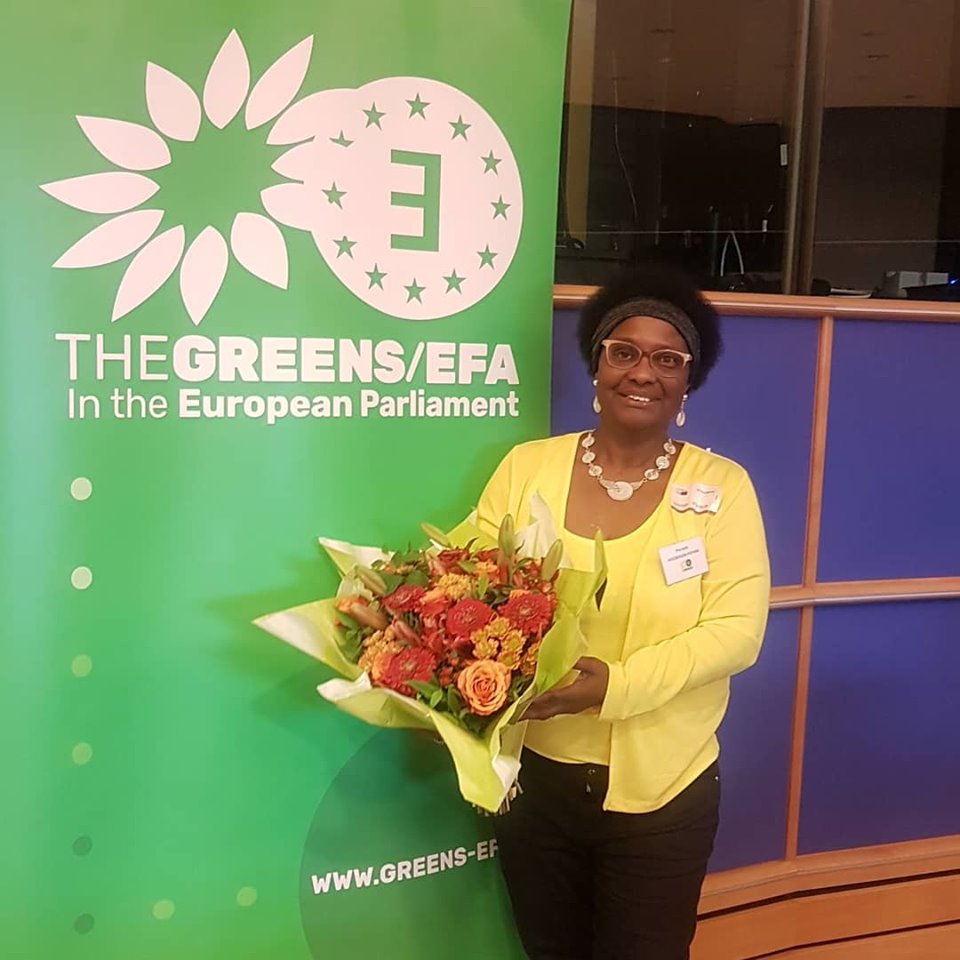
Herzberger-Fofana was born in Bamako, Mali, on 20 March 1949 to Senegalese parents and grew up in Senegal. She studied German sociolinguistics in Paris and obtained a master’s degree at the University of Trier. She earned her doctorate at the University of Erlangen-Nuremberg with a dissertation on women’s literature in francophone sub-Saharan Africa.
In 2005, Herzberger-Fofana, who is married and has three children, was first elected to the city council of Erlangen, Bavaria.
The Greens were a big winner at the European elections in Germany at which the environment party won 20.5% of the vote, finishing second to the CDU/CSU (28.9%) and ahead of the SPD (15.8%).
READ ALSO: Voters go to the polls to elect European parliamentarians
The Greens account for 21 of the 96 German seats in the European Parliament, ten more than the party won five years ago. This is a sharp contrast to the major parties which lost seats compared to their performance at the last election in 2014.
The fears that the right-wing AfD would win big did not materialise even though the party still ended with 11% of the popular vote, 4% more than they won five years ago.
Sola Jolaoso
 THE AFRICAN COURIER. Reporting Africa and its Diaspora! The African Courier is an international magazine published in Germany to report on Africa and the Diaspora African experience. The first issue of the bimonthly magazine appeared on the newsstands on 15 February 1998. The African Courier is a communication forum for European-African political, economic and cultural exchanges, and a voice for Africa in Europe.
THE AFRICAN COURIER. Reporting Africa and its Diaspora! The African Courier is an international magazine published in Germany to report on Africa and the Diaspora African experience. The first issue of the bimonthly magazine appeared on the newsstands on 15 February 1998. The African Courier is a communication forum for European-African political, economic and cultural exchanges, and a voice for Africa in Europe.





